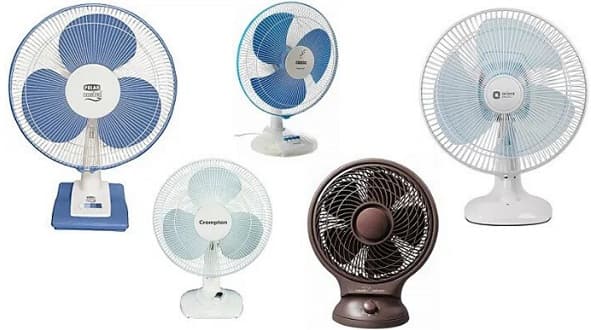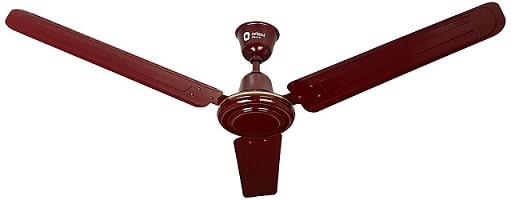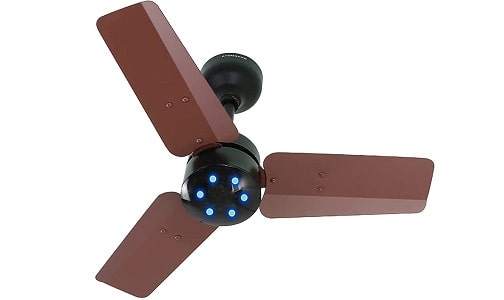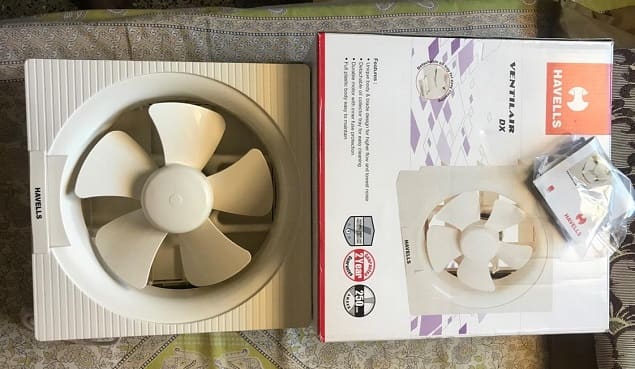A mixer grinder is an indispensable kitchen tool that makes cooking simpler and more convenient. Yet, occasionally, you could experience a problem where your mixer grinder’s blades don’t turn. Although this can be annoying, there are several potential causes, most of which are simple to address. Let’s examine these potential causes in this article and offer remedies to restore your mixer grinder to functioning order.
Overloading
Reason: Overloading the mixer grinder is one of the most frequent causes of the blades not turning. The engine may be overworked and stall if you fill the jar with less food or fluids.
Fix: Reduce the load in the jar to fix the problem. Try again after removing some of the ingredients. It’s crucial to adhere to the specified capacity guidelines provided by the manufacturer.
Jammed Blades
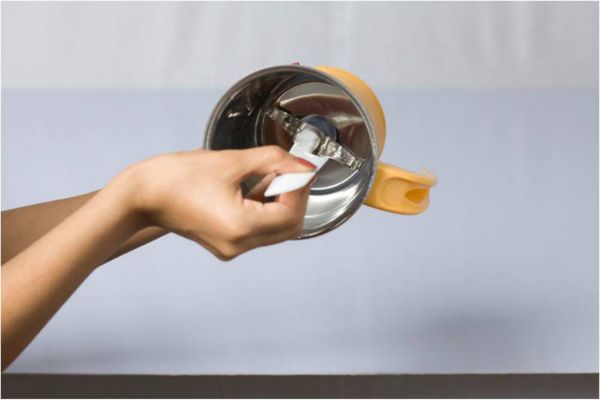
Reason: Food objects like ginger, nuts, or ice cubes that are stiff or fibrous occasionally get lodged between the blades and stop the motor from turning.
Fix: Disassemble the jar gently and unplug the mixer grinder. Use a spatula or brush to remove any debris from between the blades. Take care not to harm the blades while performing this technique.
Faulty Motor Coupler
Reason: The component that joins the motor to the jar’s blades is known as the motor coupler. The blades won’t revolve if it is worn out or damaged.
Fix: The motor coupler has to be changed. For instructions on how to do this or where to find a new part, consult the user handbook for your mixer grinder or contact the maker.
Overheating
Reason: A thermal overload protector is installed into mixer grinders to prevent overheating. The motor can briefly stop operating to cool itself if it overheats.
Fix: The solution is to give the motor time to cool down. Try again after making sure the mixer grinder is manageable.
Power Supply Issues
Reason: The mixer grinder may stop functioning due to an unstable power source, voltage swings, or a blown fuse.
Fix: Verify the voltage stability as well as the power supply. Should the fuse blow, replace it. If voltage changes frequently where you live, consider using a voltage stabilizer.
Jar Alignment
Reason: The safety interlock could prevent the blades from rotating whenever the jar is incorrectly positioned concerning the base unit or firmly locked in place.
Fix: Ensure the jar is inserted correctly and locked firmly into the base unit. The safety features on most mixer grinders prevent the blades from turning unless the jar is correctly aligned and locked.
Worn or Damaged Blades
Reason: The jar’s blades may eventually get worn out or damaged, making it harder for them to rotate efficiently.
Fix: Fresh blades must be used in their place. For help finding compatible replacement blades, consult the owner’s manual for your mixer grinder or contact the supplier.
Loose or Damaged Wiring
Reason: The electrical connections in the mixer grinder can be disrupted by loose or damaged wire, impairing the motor’s performance.
Fix: Disconnect the mixer grinder and have a licensed electrician or technician examine it. Any wiring problems can be found and fixed by them.
Tripped Circuit Breaker
Reason: Your mixer grinder will cease functioning if the circuit breaker that is linked to it trips, cutting off its power.
Fix: Find your panel of circuit breakers, then look for any tripped breakers. If you discover one connected to the mixer grinder outlet in the kitchen, turn it off and on again to reset it.
Faulty Switches or Controls
Reason: A broken switch or control knob can make turning on the mixer grinder impossible.
Fix: Check the switch or control system for flaws or damage. Replace any defective switches or control knobs you locate. Once more, for instructions, see the user manual or contact the manufacturer.
Motor Capacitor Issues
Reason: The motor capacitor aids in motor start-up. The motor might not start or function properly if it is faulty.
Fix: A defective motor capacitor needs to be changed. Consult the manufacturer or a technician, as this usually requires professional assistance.
Jar Seal Leakage
Reason: The motor may be damaged, and the blades may stop whirling when there is a leak in the jar’s seal.
Fix: Check the jar for leakage indicators. To stop further harm to the motor, replace the jar’s seal as away if you discover any.
Lubrication Issues
Reason: The motor’s operation may be hampered by friction in the bearings brought on by improper lubrication.
Fix: Go to your user manual to learn how to lubricate the motor bearings. To guarantee smooth motor functioning, adhere to the suggested lubrication plan.
Some prevention methods
Observe these rules to avoid mixer grinder problems. Remain within the manufacturer’s suggested capacity and avoid overfilling the jar. Blades should be regularly inspected for wear and replaced as necessary. Keep the device clutter-free and tidy to prevent loose or broken wiring. Ensure the seals are tight to avoid leaks that could harm the motor. Maintain a steady power supply, check circuit breakers, and use voltage stabilizers if necessary. To prevent deterioration, gently handle the controls. As directed in the user handbook, regularly grease the motor bearings. Finally, protect the device from dampness and extreme heat by keeping it in a dry, cold location.
Conclusion
The most common causes of non-rotating blades in mixer grinders include overloading, stuck blades, and defective motor couplers. You can rapidly restore your mixer grinder to efficient performance by detecting the precise issue and applying the proper fix, ensuring that your culinary duties go without a hitch. Prioritize safety by turning off the appliance before performing any repairs or maintenance, just in case.

Santosh Kumar is an editor at unfoldstuffs.com and a professional content writer. With years of experience he is passionate for creating engaging, informative and impactful topics.
